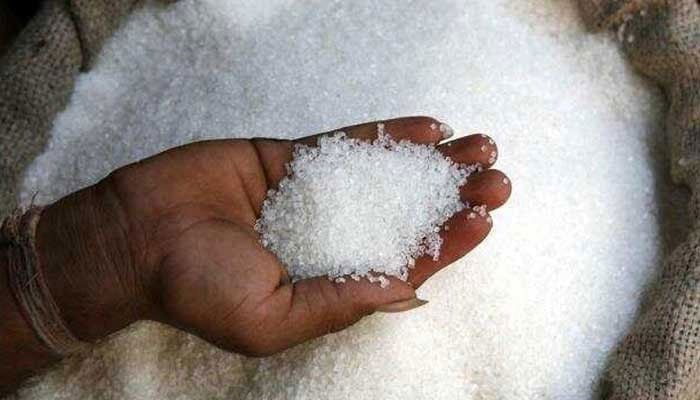In a pivotal economic development, the government has decided to cancel the tender for importing 100,000 metric tonnes of sugar, a move that reflects careful fiscal management in the face of rising international commodity prices and national budgetary concerns.
The tender was initially floated with the objective of addressing domestic sugar shortages and stabilizing retail market prices. However, once bids were submitted, it became clear that international sugar prices were far beyond sustainable procurement levels. The quoted prices, which ranged between $539 to $599 per metric tonne, significantly exceeded the government’s affordability threshold. This raised red flags, especially once additional costs such as shipping, port handling, inland transportation, and warehousing were factored in. The total landed cost was projected to severely strain public finances, making the import plan economically unviable.
Adding to the complexity was the quality of the bids received. Several samples did not meet the required grain size and quality standards expected for mass public consumption, further justifying the cancellation. Quality assurance remains a non-negotiable standard, especially when procurement is intended to stabilize a commodity critical to food security.
At the same time, the idea of offering tax exemptions and subsidies to make sugar imports affordable for consumers was evaluated. A proposed subsidy of Rs. 55 per kilogram had been considered to cushion the price impact. However, in the larger context of the country’s tight fiscal environment, the implications of such subsidies raised serious concerns about sustainability and the potential impact on Pakistan’s ongoing macroeconomic reforms.
The decision to cancel the tender signals a broader commitment by the government to adhere to fiscal responsibility. It sends a strong message that short-term fixes like subsidies will not be prioritized at the expense of long-term economic stability. Instead, the focus appears to be shifting toward enhancing local production, discouraging hoarding, and tightening regulation of sugar stock declarations across the supply chain.
The government is expected to explore alternative strategies to address domestic sugar supply issues. These may include refining the tender structure, reducing the quantity to be procured, extending shipment timelines, or pursuing bilateral procurement agreements with friendly countries under favorable trade terms.
Authorities are also working to improve local supply transparency by enforcing stricter monitoring of sugar mills and wholesalers. These steps are aimed at deterring speculative pricing, stabilizing local markets, and ensuring that domestic consumers are not unfairly impacted by global price volatility.
This latest development reflects a calculated, policy-driven approach to commodity management. By avoiding impulsive procurement and protecting fiscal boundaries, the government is positioning itself to make more strategic decisions in future supply scenarios while keeping public welfare and macroeconomic discipline in balance.



Comments (0)
No comments yet. Be the first to comment!
Leave a Comment